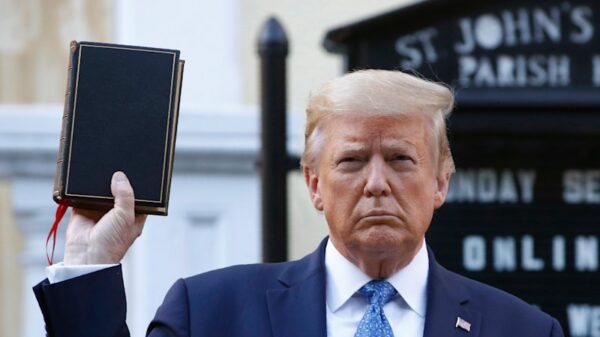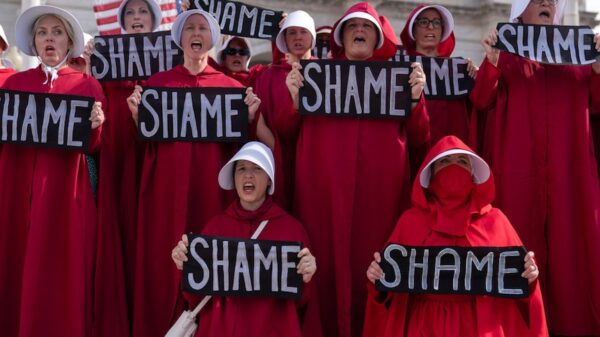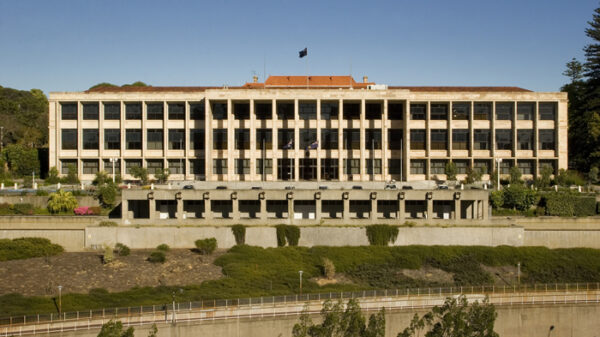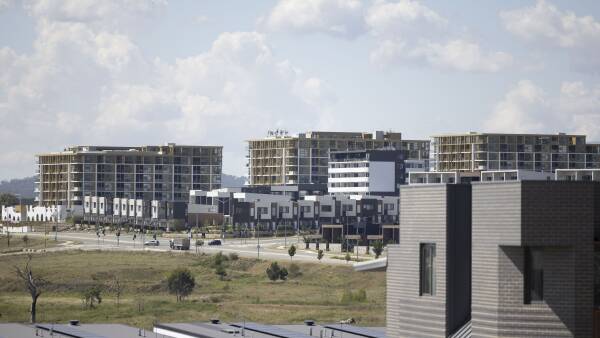UPDATE: New analysis reveals that some of Australia’s largest corporations, including CSL and Optus, are paying millions in executive bonuses while reporting zero corporate tax in the country. This alarming trend has raised eyebrows among tax experts and shareholders as it contradicts the expectation that strong corporate performance should lead to increased tax contributions.
Data from the Australian Taxation Office indicates that CSL, a leading biotechnology firm, has only paid corporate tax once in the last five reporting periods, totaling approximately $65 million. In stark contrast, the company disbursed a staggering $114.2 million in bonuses to its executives during the same timeframe, according to an analysis by Guardian Australia.
Jason Ward, a principal analyst at the Centre for International Corporate Tax Accountability and Research, expressed concern over this disparity. “It’s a bit rich for the executives to get so much money when the company doesn’t contribute tax revenue from its profits back to its home country,” he stated.
CSL’s corporate tax payments have been minimal, with only three payments made over the past decade. The company justifies its executive compensation, stating that it competes in a global market and needs to attract top talent to foster innovation. A company spokesperson noted that more than 93% of CSL’s revenue comes from international markets, leading to its low tax footprint in Australia.
Meanwhile, Optus executives received a total of $18.9 million in pay last financial year—an increase of 24% from the previous year. This spike in compensation comes amid a series of operational failures, including a major network outage last month and a significant data breach in 2022. Optus has reported zero taxable income since 2020 despite generating over $8 billion in annual revenues in Australia.
An Optus spokesperson explained that the company’s negative tax position is due to heavy investments in infrastructure and operating expenses. “Optus pays taxes like any Australian company,” they stated, defending the executive pay structure amidst growing scrutiny.
Santos, another major player in the Australian market, has not paid corporate tax for 10 consecutive years, even while reporting revenues in the tens of billions from oil and gas sales. In 2024, Santos CEO Kevin Gallagher received $5.87 million, further highlighting the disconnection between executive compensation and tax contribution.
As corporate Australia grapples with these revelations, CSL is facing a critical annual general meeting on 28 October. Shareholder discontent over executive pay could lead to a potential board spill if a second “strike” is delivered against the company’s remuneration report.
The governance group, Institutional Shareholder Services, has recommended a “qualified” vote in favor of CSL’s remuneration report, noting that executive pay is significantly above the Australian market median. Concerns have been raised about the structure of executive bonuses, which some argue rewards non-performance metrics, further complicating the narrative of accountability in corporate pay.
The push for transparency and fairness in executive remuneration is gathering momentum, with calls for reforms echoing through the corridors of corporate governance. As these events unfold, stakeholders are watching closely to see how these companies will respond to mounting pressure for greater financial responsibility and ethical standards.
Stay tuned for more updates on this developing story.






























































